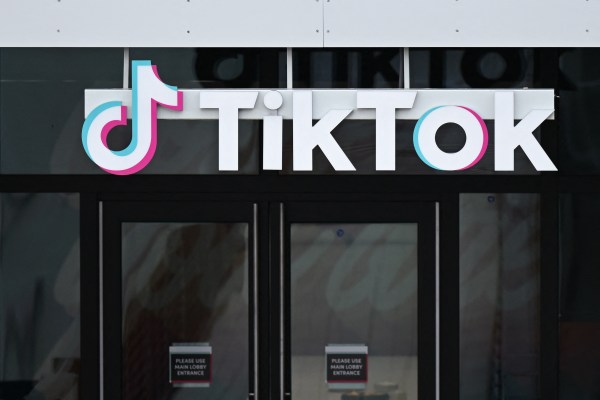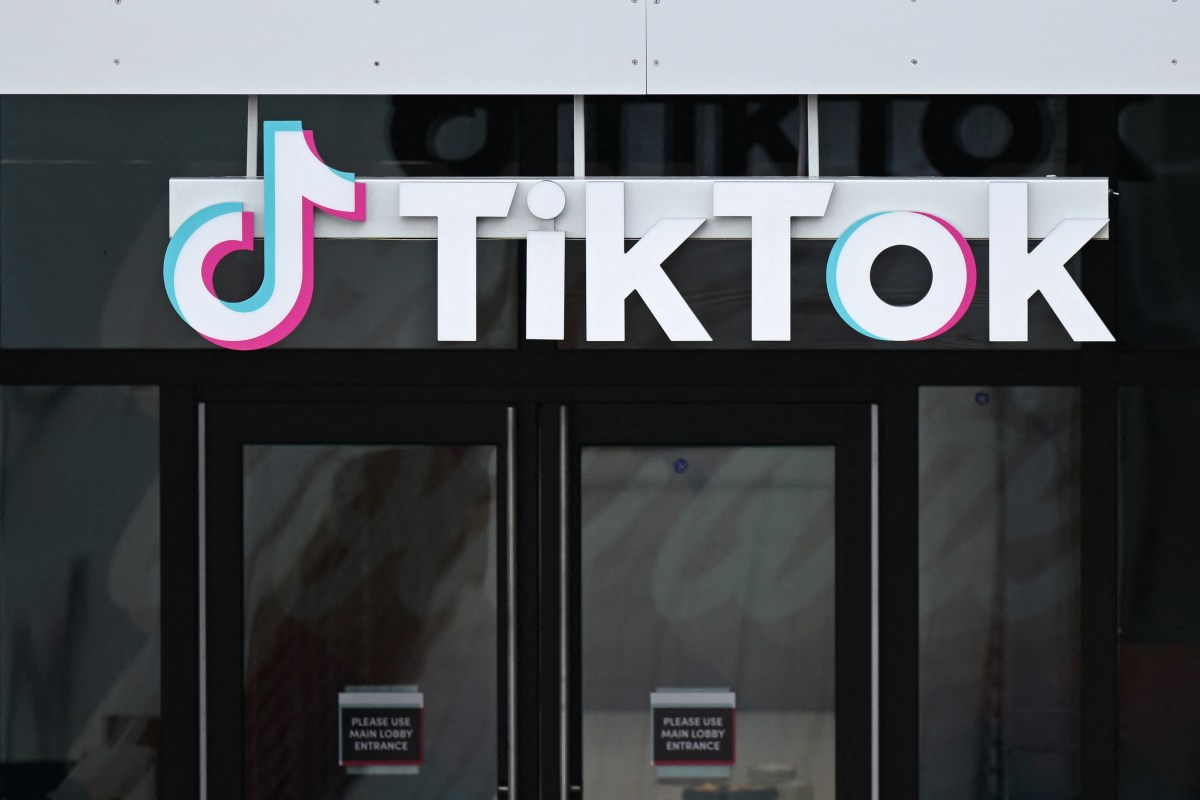
Universal Music Group (UMG), the label representing artists including Taylor Swift, Billie Eilish and Ariana Grande, says that it’ll pull its music from TikTok tomorrow at midnight after failing to reach a deal with the platform’s parent company, ByteDance, over royalties.
UMG won’t seek to renew its current arrangement with TikTok, set to expire on January 31, and plans to cease licensing content to both TikTok and its music-focused service, TikTok Music.
In a press release, UMG accused TikTok — which reportedly made close to $20 billion in ad revenue last year — of trying to build a “music-based business without paying fair value for [artists’] music.”
“TikTok proposed paying our artists and songwriters at a rate that is a fraction of the rate that similarly situated major social platforms pay,” the label wrote. “Today, as an indication of how little TikTok compensates artists and songwriters, despite its massive and growing user base, rapidly rising advertising revenue and increasing reliance on music-based content, TikTok accounts for only about 1% of our total revenue.”
TikTok didn’t immediately respond to a request for comment.
The way UMG tells it in the press release, TikTok and it didn’t see eye to eye on payments for AI-generated recordings using UMG properties. In addition, TikTok wasn’t taking appropriate steps to swiftly remove content in violation of the label’s copyright, UMG says.
“Ultimately TikTok is trying to build a music-based business, without paying fair value for the music,” UMG wrote.
UMG’s current contract with TikTok dates back to 2021, and covers recorded music from artists at UMG’s labels and songwriters associated with Universal Music Publishing Group. As a part of the deal, UMG and TikTok agreed to experiment with new features, like allowing users to incorporate clips from UMG’s full catalog of music spanning Bad Bunny, SZA, Drake, Kendrick Lamar, Harry Styles, Justin Bieber, Adele, U2 and Elton John.
The fallout with UMG comes as TikTok leans more heavily into music creation and curation.
The platform is positioning TikTok Music, which launched last year in select countries, as a serious Spotify and Apple Music rival. Meanwhile, TikTok is piloting an “AI Song” feature that uses AI to create songs based on prompts that users enter.
While TikTok has shown a willingness to engage with certain labels on terms it finds favorable — the platform was reportedly in talks with Warner Music Group, Sony Music Entertainment and UMG “all year” in 2022 and 2023 for a share of its ad revenues — it hasn’t been shy about throwing its weight around where it sees fit. Last February, TikTok removed major record company music from its service for a subset of users in Australia in an apparent test to see how user engagement would be impacted.
Recently, TikTok has sought to ink exclusive distribution deals with musicians for ByteDance’s SoundOn service, which distributes directly to TikTok and music streaming services. It’s also launched a program, called Elevate, designed to identify the next wave of rising artists in the music industry.

